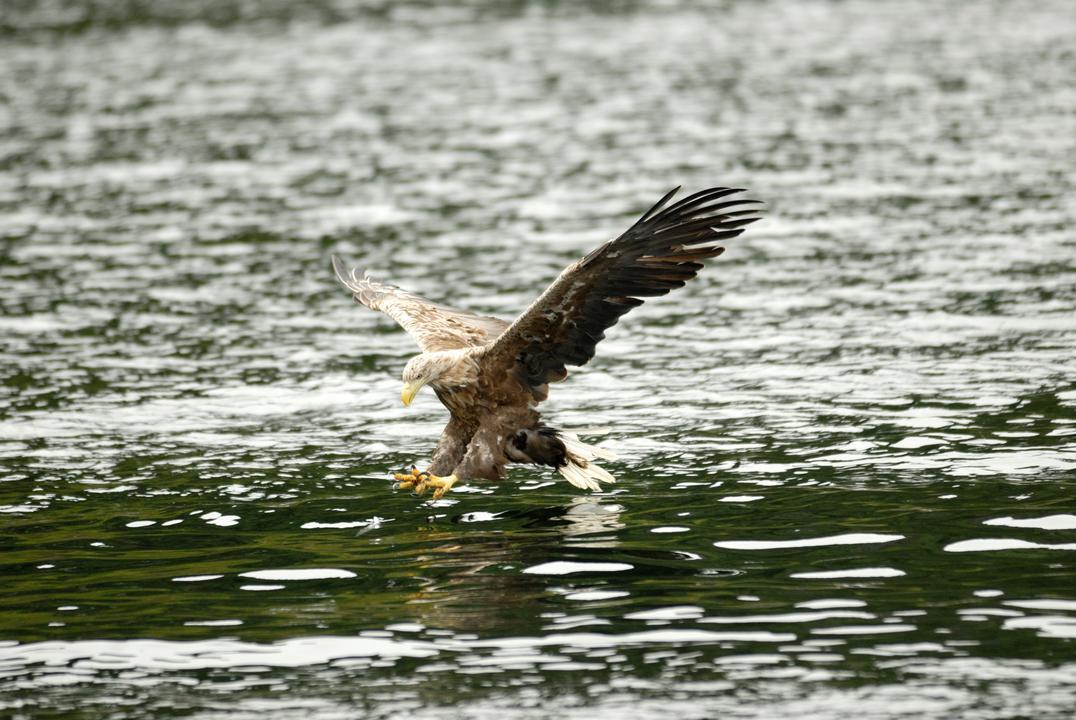- Messages
- 10,411
- Name
- John
- Edit My Images
- Yes
I was taken aback today to read that Angus MacNeil, the SNP MP for The Western Isles, is calling for a cull of WTEs because they're killing lambs. As a crofter he keeps lambs himself. Mr MacNeil said crofters and farmers in parts of the Western Isles and west Highlands were losing large numbers of young lambs and tougher measures were needed in certain areas.
I'm pleased to see that the RSPB Scotland is not 'shouting him down' but wanting to work with crofters to find a solution other than culling and as reported in the last paragraph NFU Scotland member, David Colthart, said diversionary feeding must be given a chance.Hopefully, a solution will be found.
The photos of dead lambs are in the Facebook link.
Dated April 13th. https://www.bbc.co.uk/news/uk-scotland-highlands-islands-61079397.amp
I'm pleased to see that the RSPB Scotland is not 'shouting him down' but wanting to work with crofters to find a solution other than culling and as reported in the last paragraph NFU Scotland member, David Colthart, said diversionary feeding must be given a chance.Hopefully, a solution will be found.
The photos of dead lambs are in the Facebook link.
Dated April 13th. https://www.bbc.co.uk/news/uk-scotland-highlands-islands-61079397.amp

